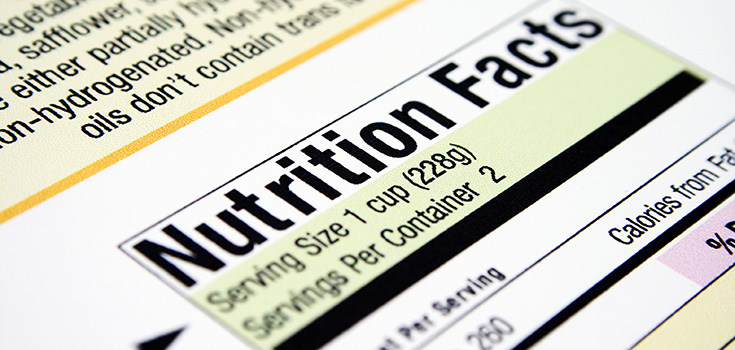Genetically Modified Food Labeling Initiative Gains Momentum

As concerns over the consumption of genetically modified foods continue to grow internationally, legislation is increasingly being introduced to mandate the labeling of products containing genetically modified ingredients. With thousands — if not millions — of products lining the grocery store shelves containing at least some genetically modified organisms (GMOs), consumers are demanding action. A total of 18 states are now examining laws that seek to explicitly label products containing GMOs.
Needless to say, the initiative isn’t making Monsanto very happy – the leading producer of genetically modified seeds with 90 percent of the market cornered. In fact, Monsanto has admitted influencing previous decisions to root out their GMO crops in places like Boulder, Colorado. Accused of organizing phony protests in support of their crops and using their profile as a mega corporation to influence key legislators, Monsanto has openly admitted influence in the key Boulder decision amid serious heat from the press.
Currently, millions of United States citizens — along with many international residents — are unknowingly consuming GMOs within their food. Sadly, many consumers believe that marketing terms like ‘all natural’ actually protect them from GMOs and other harmful ingredients. It is for this reason that concerned consumers are taking action against companies sporting the ‘all natural’ label while simultaneously using GMOs in their products. One individual has launched a suit against FritoLay for loading their products with GM ingredients despite labeling them as natural. In his case, suit leader Chris Sakes says there’s nothing natural about the highly-concerning genetic modification process.
Among the 18 states, California and Illinois stick out as containing the country’s biggest market. However, the GMO labeling initiative stretches nationwide. Advocates have repeatedly demonstrated their resistance to GMOs, with more than 500 activist groups banding together over the Just Label It campaign. One petition to the FDA, filed by the Center for Food Safety, called upon the agency to require labels for GMO-containing foods. Shockingly, the petition received 85,000 signatures in support. The number marked the most ever for a federal food petition.
Why isn’t the FDA and USDA responding to the massive amount of public concern? After all, a review of 19 studies even found that GMO crops can cause organ damage.
“Fifty countries have mandatory labeling. We’re one of the only developed countries that doesn’t. GMOs are labeled in China, Russia. Why would consumers in those countries have this information and we not have it here?” said Megan Westgate, executive director of the the Non-GMO Project.

Labeling gmo focuses on providing useful information to all consumers by indicating which ingredient or foods include ingredients that are genetically modified. You can take action by staying informed about GMO labeling at http://geneticallyengineeredfoodnews.com